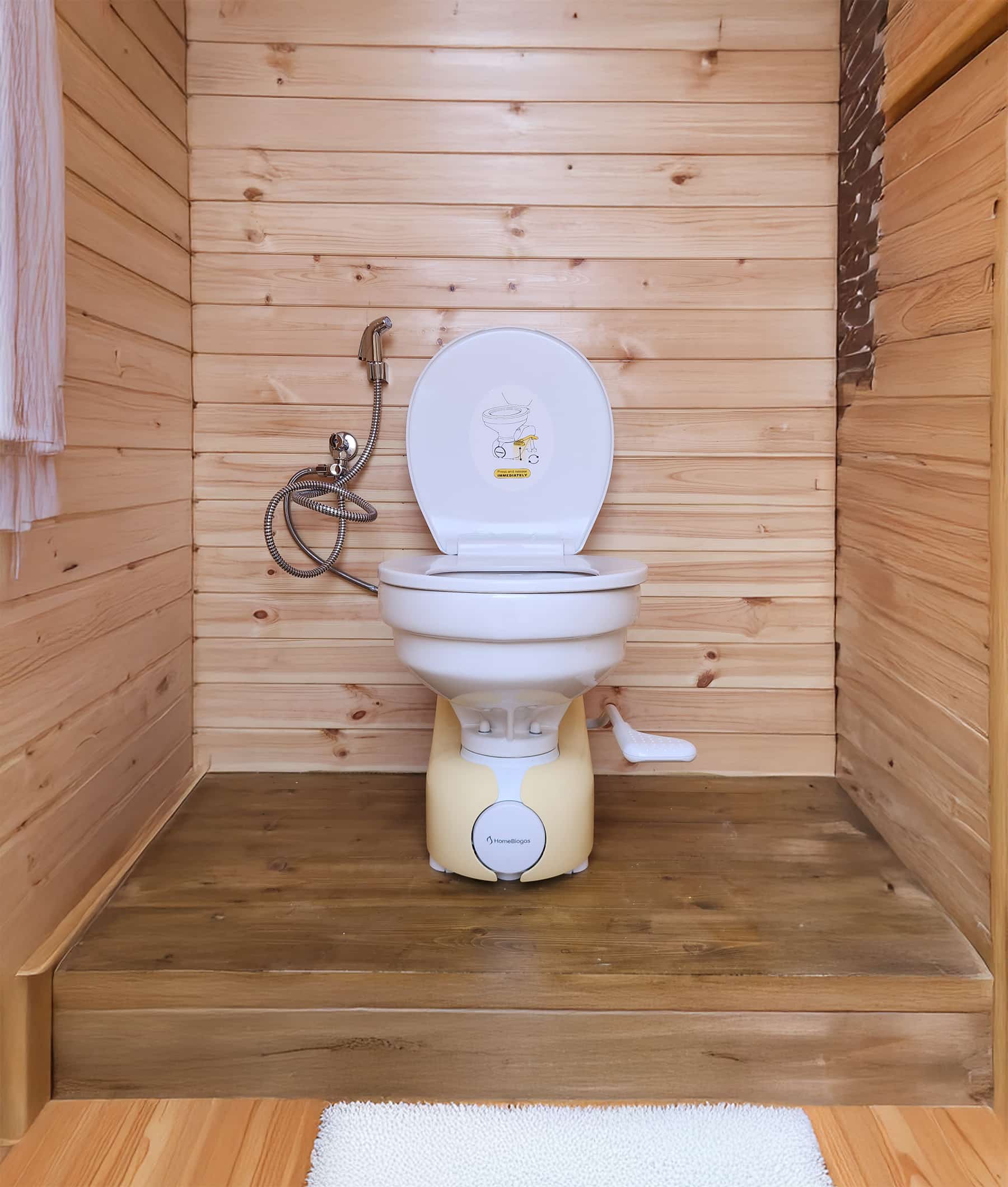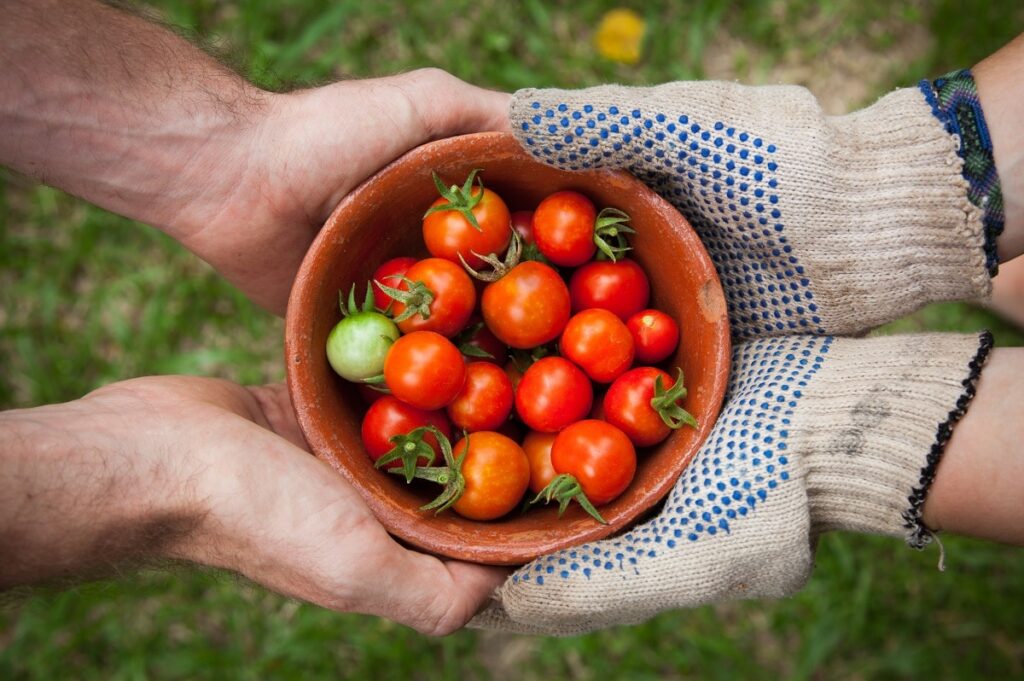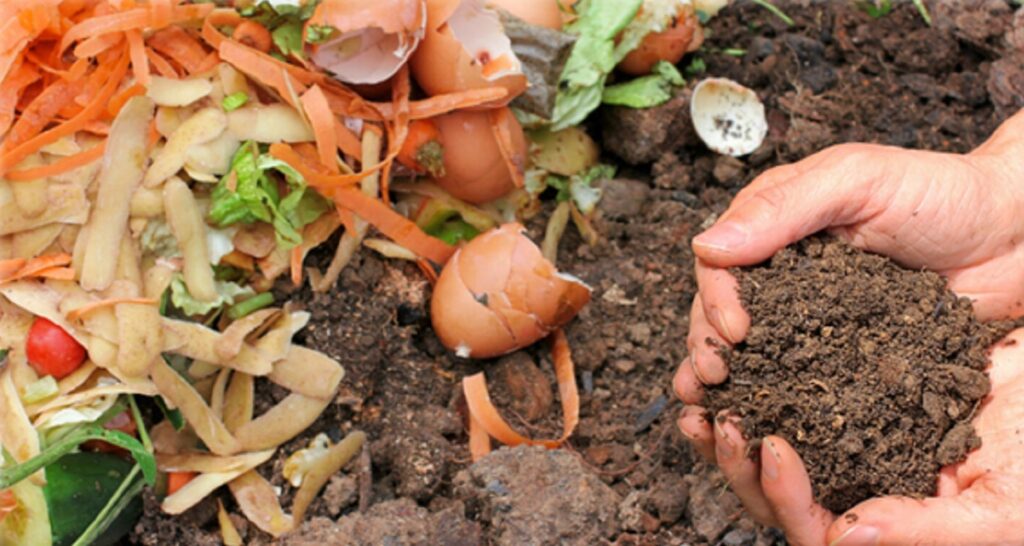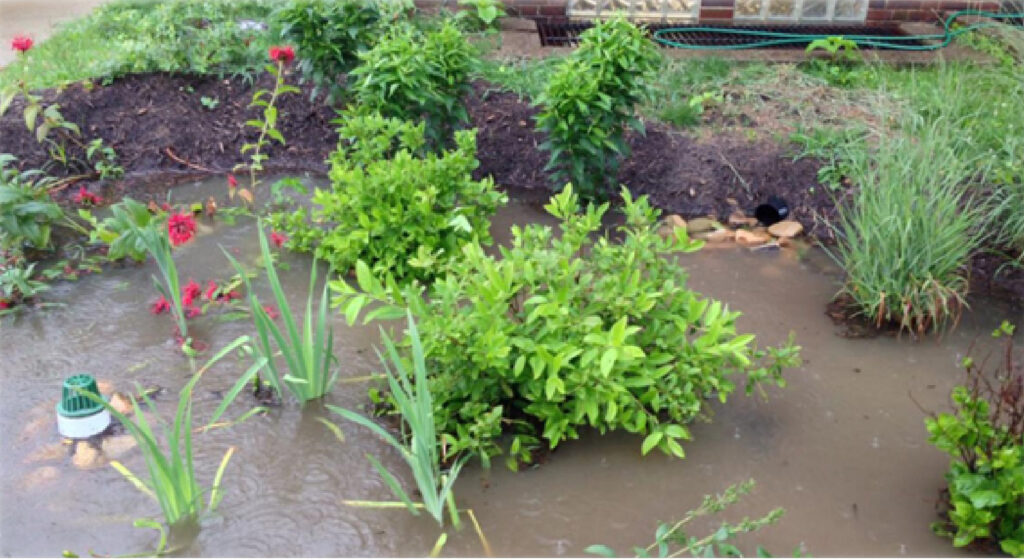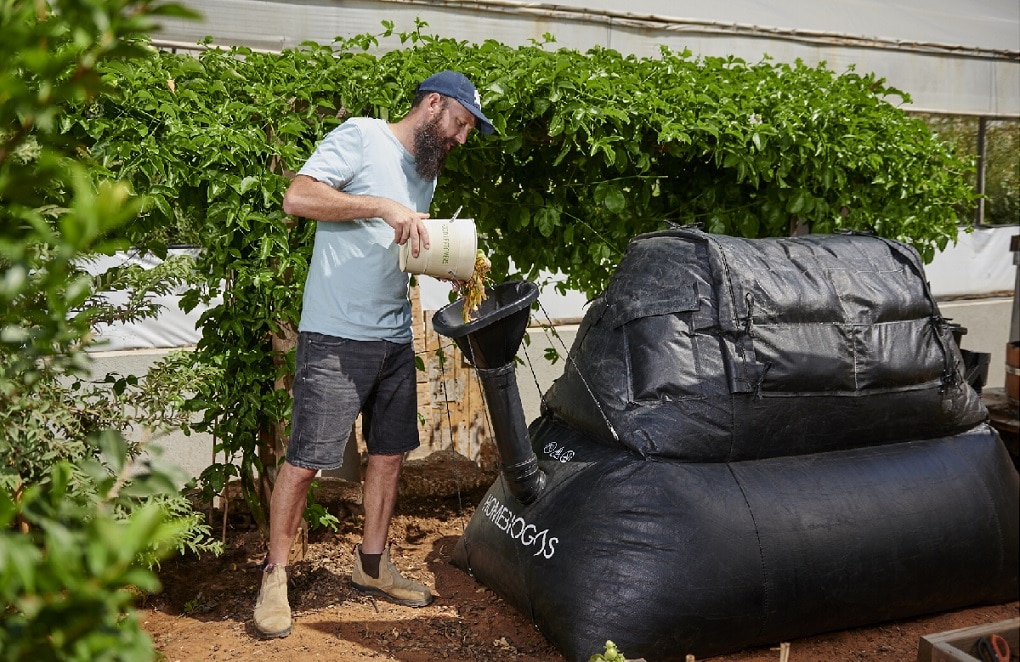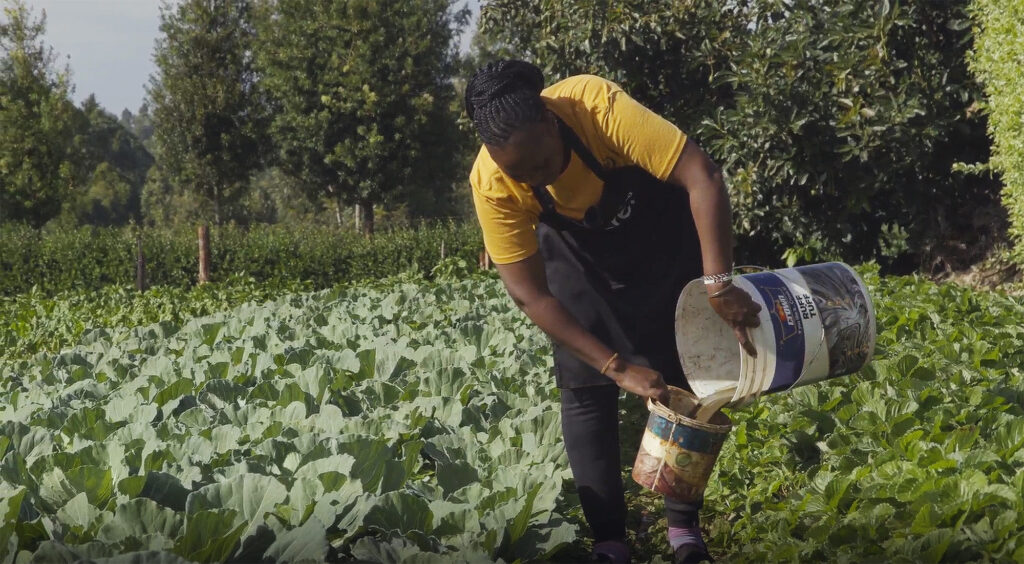
Imagine a scenario where disaster strikes. Leaving you with no electricity, no water, no alternative to cooking food other than burning and inhaling cancerous gases. Imagine a world where a virus can kill thousands with a sneeze. Imagine being stuck in the middle of nowhere with no access to people or resources? Could you survive in this world? How prepared are you to be self-sufficient in the face of such a reality?
If 2020 so far has taught us anything so far, that is to listen to the warning signs of potential disaster and to be prepared. COVID-19 has hit the world hard both on a medical and economical basis. With that in mind, it came as no big surprise. Scientists were detailing these early warning signs decades ago, so why were we so unprepared? Because no one took the warnings seriously, the perceived costs outweighed the benefits. Today, we understand that investment was probably worth considering.
Likewise, environmentalists and scientists have been speaking for years of the changes in our planet, global warming and looming natural disasters. The lessons learned from this coronavirus and the management of it, can serve as a good starting point in preparation for the future. Maybe even creating changes that will contribute to preventing certain disasters, while maintaining optimum living conditions.
Waiting for a disaster is not the time to plan
Disasters happen, and they have an impact on millions of people across the globe. When disaster strikes, it hits on all fronts, personally, locally, communally, on the economy and/or on the national level. To reduce this impact and withstand these threats, you have to be prepared. This means increasing awareness, acting on this awareness, and preparation. Waiting for a disaster to strike is not the time to make a plan.
The key lies in creating an environment that is greener, resourceful and self-sufficient. By doing so you determine your resilience in the face of disaster and own a social responsibility for our shared planet.
Here we highlight 4 ways you can have a greener footprint, become self-sufficient and prepared for any scenario:
Whether you live in a city and have a small garden patch, or you live in a remote location, growing your own food is beneficial on so many levels. It is a way to stay healthy, but also sustainable.
1. Grow your own food
Here are some of the benefits of homemade crop gardens:
• Truly organic food – you have full control of what you eat. You decide what goes into your plants and the soil.
• You reduce harmful chemicals that pollute the environment and waterways.
• By using chemical free fertilizer, you can create organic and sustainable food all year round.
• It saves on costs.
• It ensures that food is accessible and fresh all year round.
• In the face of disaster you have a source of food
2. Recycling
By recycling your trash, you are actively taking a part in pollution reduction. With the amount of waste, we produce today, planning and recycling this waste is critical. This should be part of every household’s contribution to improving our planet. This is such a pressing issue that many developed countries are enforcing recycling laws. In fact, Germany ranks as having the best recycling rate in the world.
However, even if there are not laws that are enforced on you, it is still a pressing issue that you can take part in reducing.
Waste to take into consideration on a daily basis is:
• Food waste – this is an organic waste, therefore it can be recycled and used for composting or gas. This will also serve as a source of energy for cooking, saving on costs and the environment!
• Clothing – Clothing can either be passed onto charity, shared among friends and family or recycled.
• Furniture – using the material of furniture, you can upcycle it, creating new pieces and giving them a new lease of life. Saving on costs and reducing the amount of material needed from the environment.
3. Water management
Water management will not only help you in the face of natural disasters, storms and more, but it will also save you money. One way to manage water is to be conscious of the way you use water. For example turning off the faucet when brushing your teeth, or having short showers. Another great
environmentally friendly method is to use rain gardens. By doing so you can capture and purify your water. Having a rain garden has many communal and personal benefits, such as:
• Creating less strain on municipality water systems
• Ensuring you have assessable water
• Saves on water costs
• Provides localized storm water and flood control
• Improves water quality by filtering out pollutants
• Contributes to aiding the growth of home grown food
4. Make your own biogas
The gas that you cook with it is known as Liquid Petroleum Gas (LPG). This is refined almost entirely from fossil fuels and extracted from petroleum or natural gas streams from the ground. This is a burning issue (pun intended), and the refining process is a great contributor to polluting our planet.
Alternatively, those in developing countries or off the grid locations burn wood and coal to cook, equally leaving a negative footprint on the earth.
Creating biogas from organic matter is a good solution for managing pollution and ensuring self-sustainable cooking gas, for free! The benefits of cooking with biogas is that it does not produce smoke, making it safe for home use. It also reduces the need for firewood and coal. Preventing cutting down more trees and the pollution created from burning these materials.
The bottom line
Observing the risks to our planet and the state we are leaving it in for the next generation, may seem discouraging. However it can serve as a driving force for many to make a change, but beyond that, really make an impact. Hope is always with us and the choices we make today have an impact on the future we leave for the planet and our children. By making conscious decisions in our daily lives, we can make ourselves more self-sufficient, and ensure preparedness for every scenario.
Our planet is a wonderful gift, and it is paramount that we protect it, its survival and that of future generations.
Much like Newton’s third law of motion, every action has an equal and opposite reaction. By creating a single drop, you can cause a ripple effect that goes beyond your intention. Actively taking part in protecting the planet, while building resilience in the face of disaster. Saving you money and protecting you and your family.
HomeBiogas as a Solution
When disaster strikes, you want to make sure that you and the people you care about can be sufficient in the face of the challenges presented. HomeBiogas allows you to take action and prepare, as well as benefit.
As the first of its kind, HomeBiogas enables families, homes and businesses to turn their waste into renewable energy. It is easy to maintain and durable. You simply throw your organic waste into it and it gives you back a solution that helps you make a real impact.
On average, a family produces 2 liters of organic waste a day, but using Homebiogas, you give this waste back to nature, and nature gives back to you.
From 2 liters of organic waste, you can produce enough free biogas for cooking for over 2 hours. An added benefit of this biogas is that you produce a high quality, organic fertilizer for your home made crop garden. This will help you grow and sustain a full turnover of fruit and vegetables, and maintain your rain garden.
Whatsmore, HomeBiogas does not require electricity, and so can be installed in any environment on or off the grid.
HomeBiogas allows you to be part of the solution.

